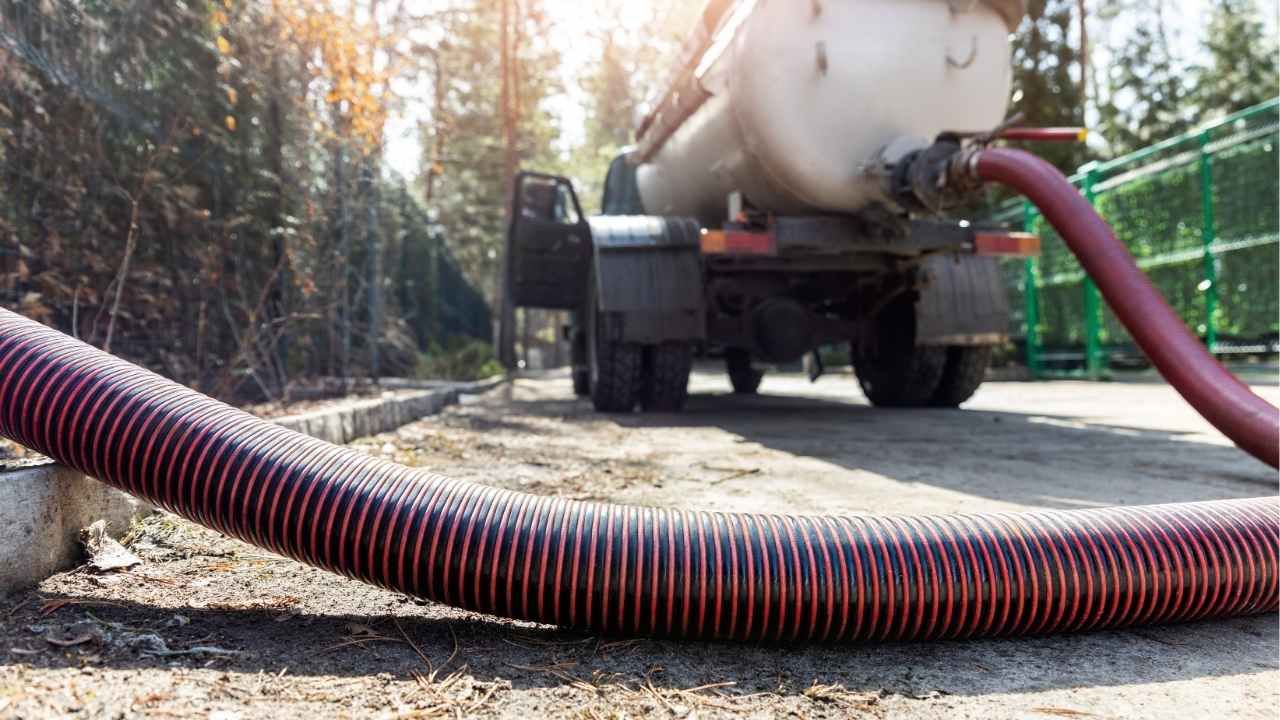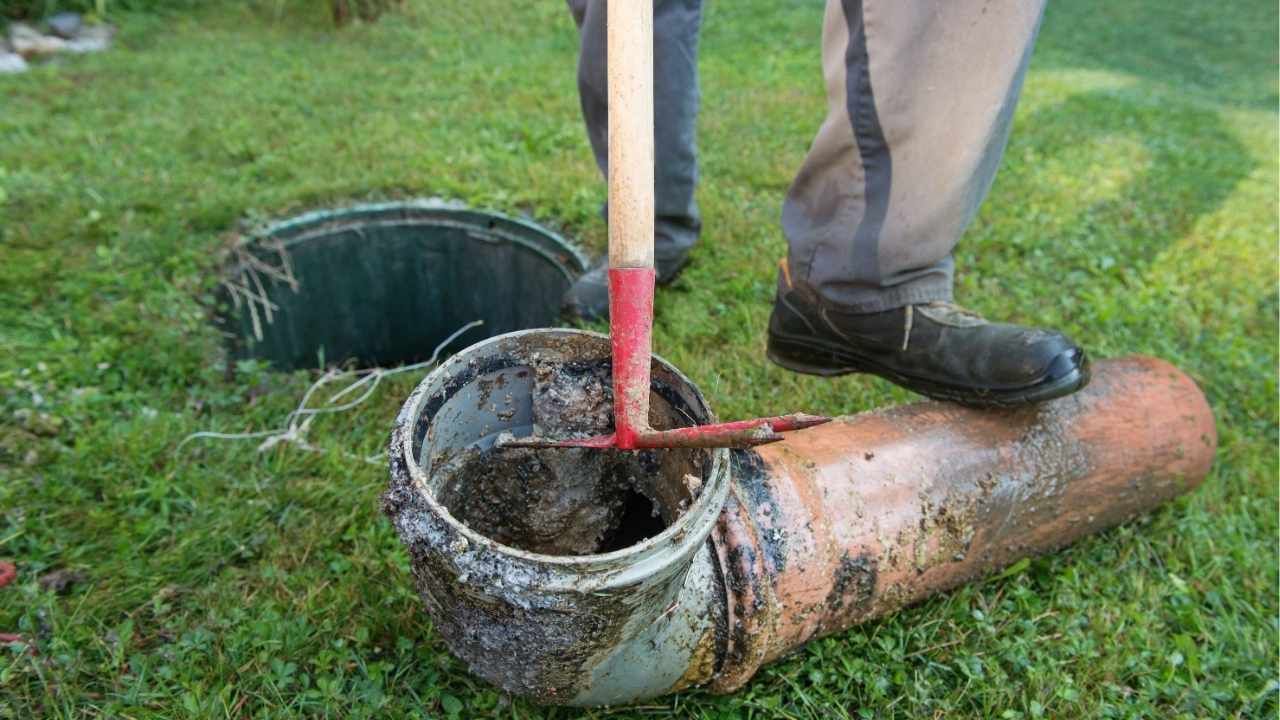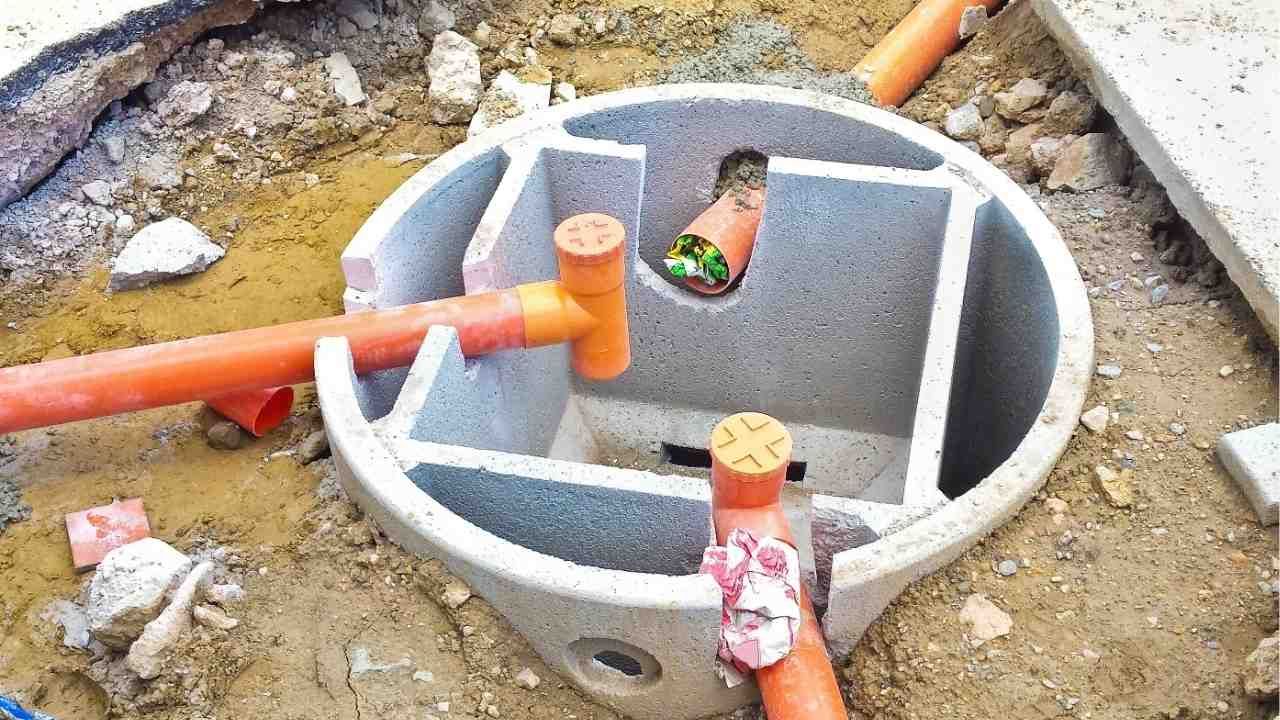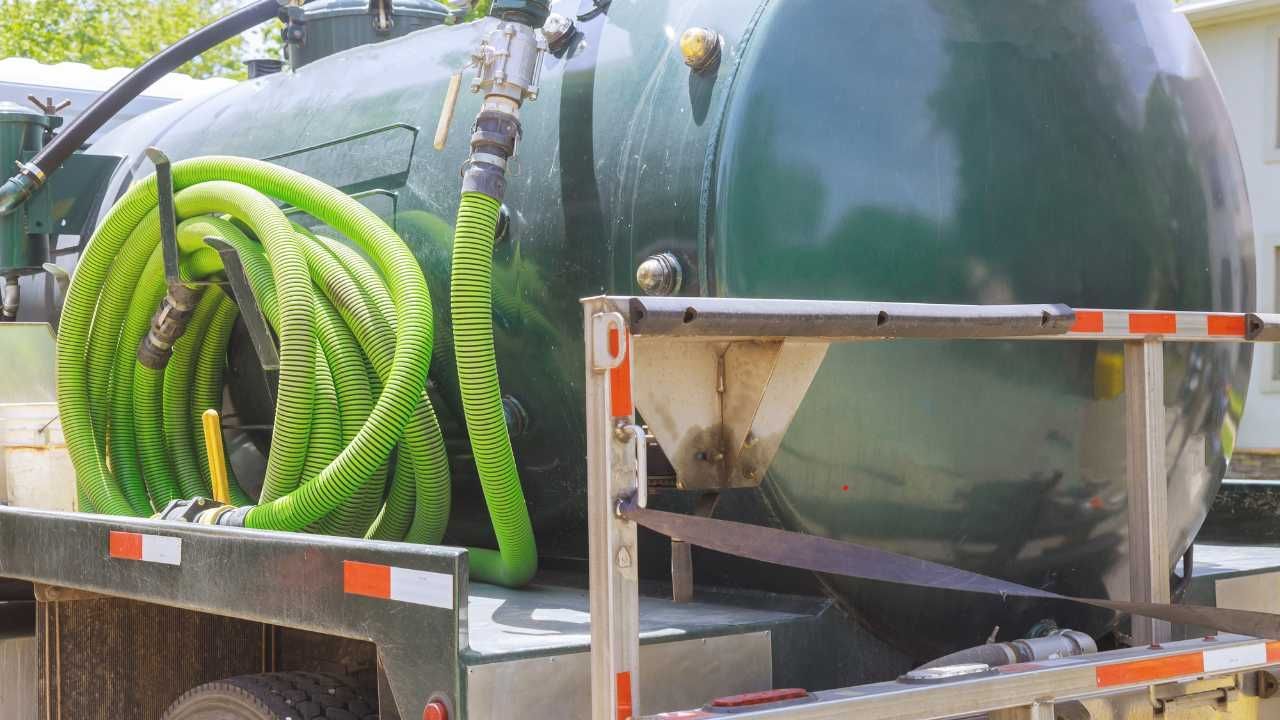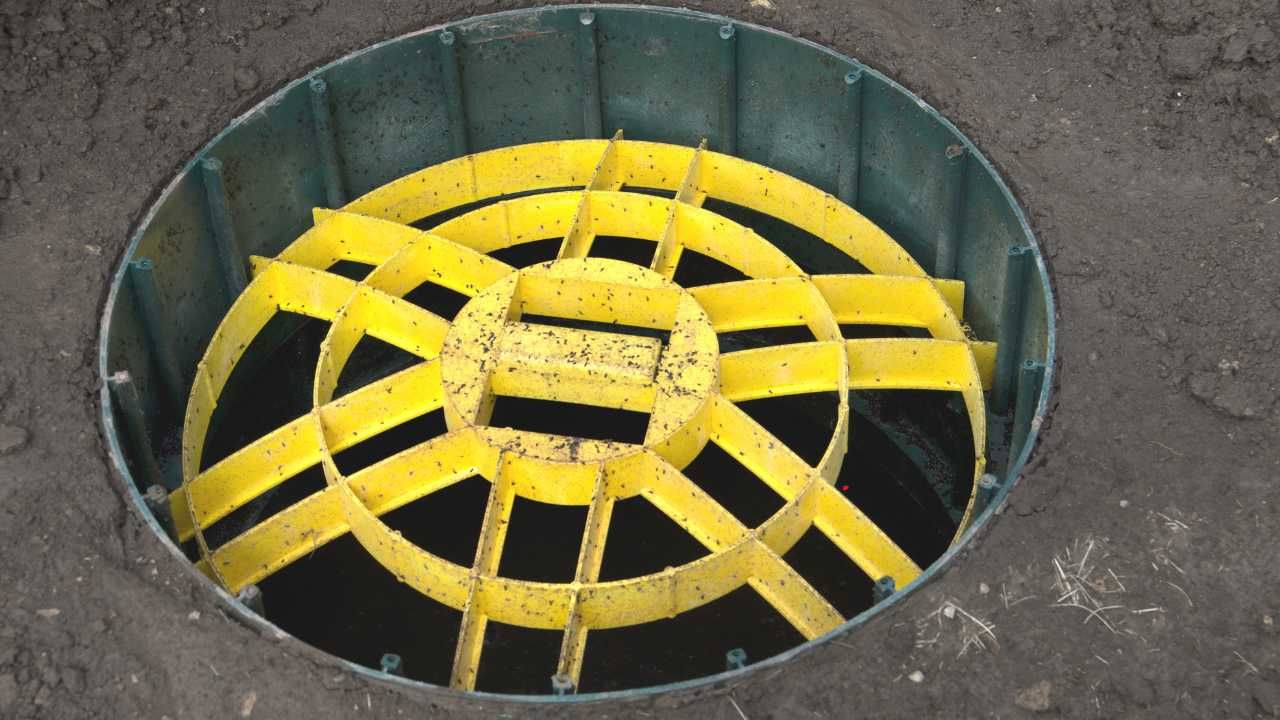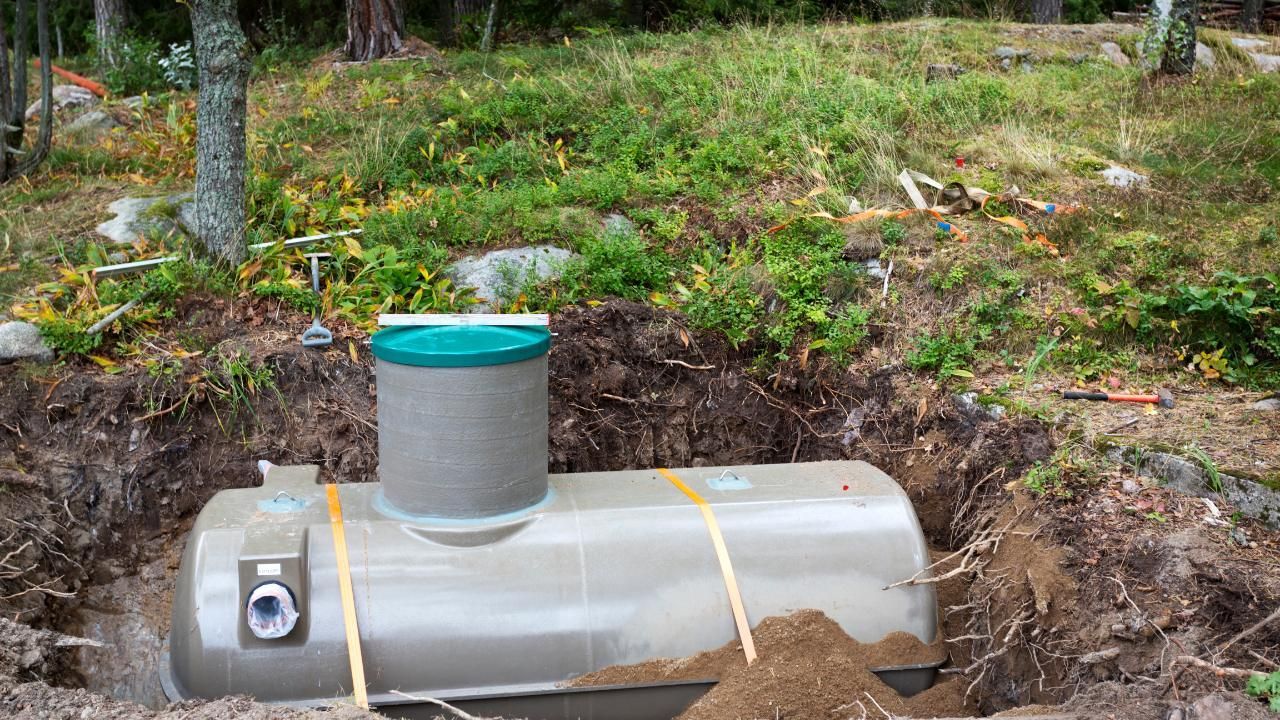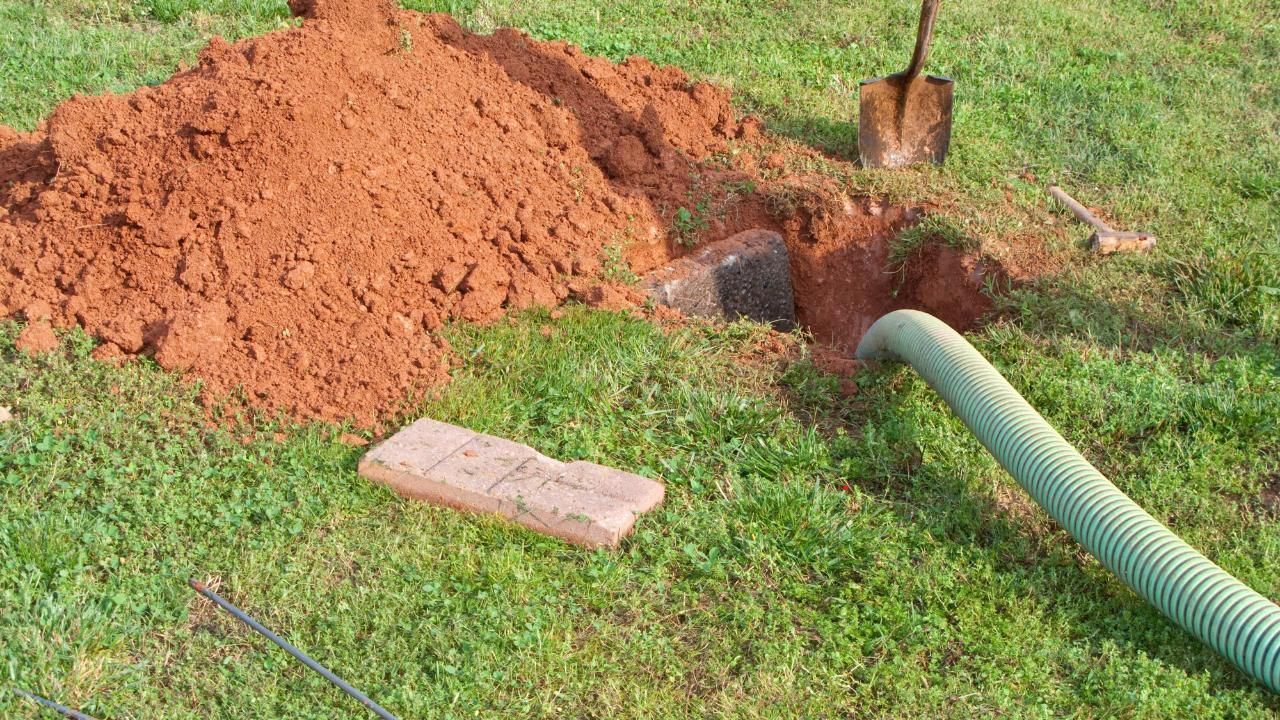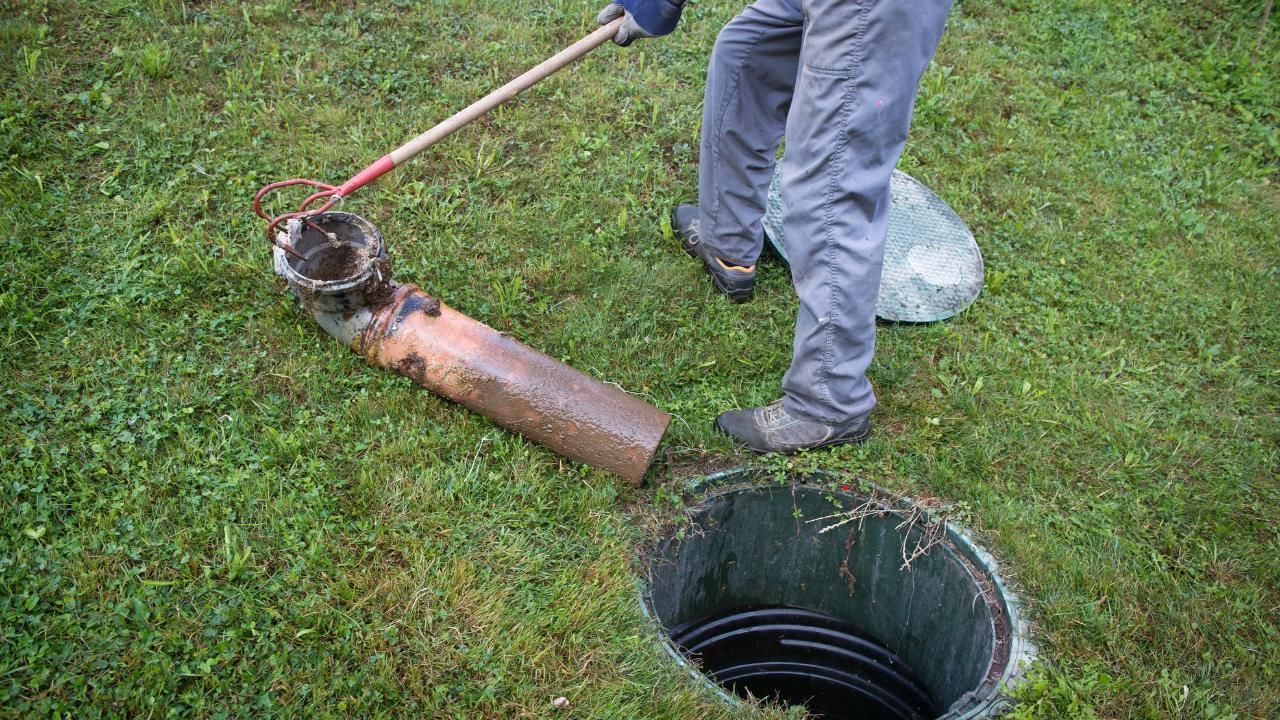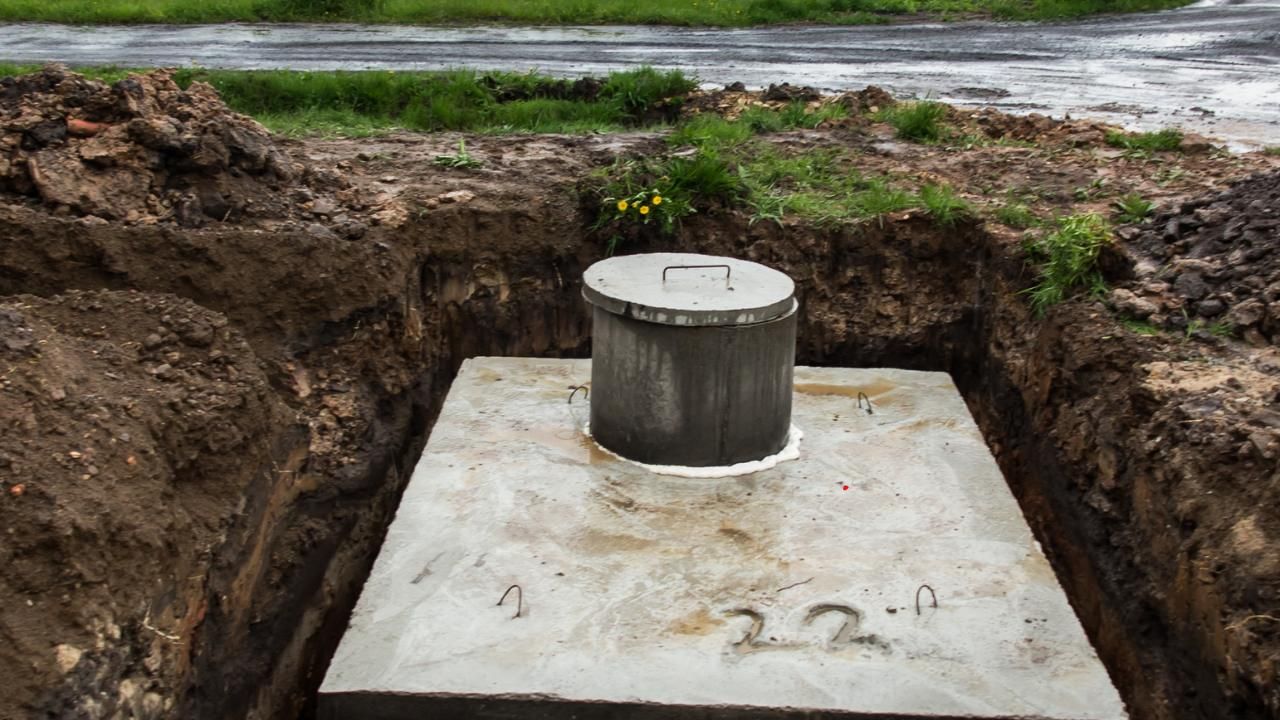Maintain Your Septic Tank Without Harming the Environment
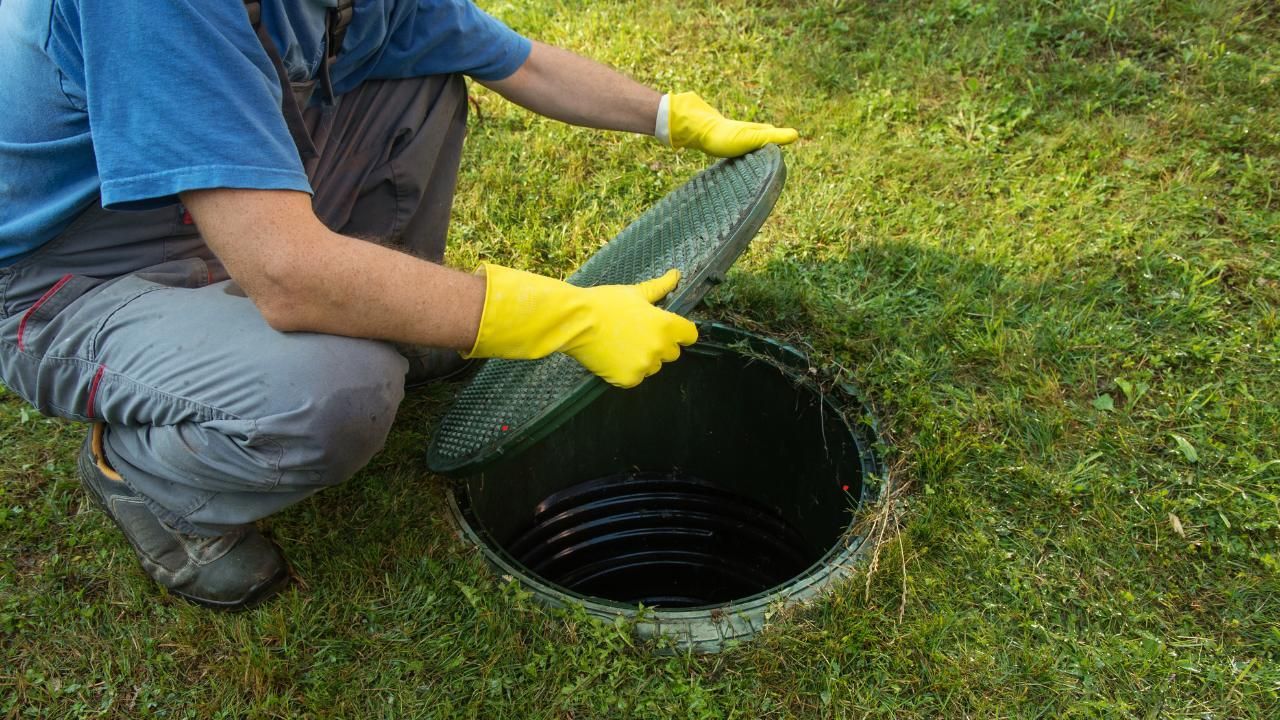
A properly maintained septic system is essential—not just for your home but for the environment. Many homeowners overlook the importance of septic tank cleaning, but neglecting it can lead to environmental contamination and system failure. When neglected, a septic tank can contaminate groundwater, disrupt local ecosystems, and even lead to costly repairs. Fortunately, eco-friendly maintenance practices can help keep your system in top condition while reducing its environmental footprint.
Why Septic Tank Maintenance Matters for the Environment
Septic systems treat and dispose of wastewater in areas without access to municipal sewage lines. If they fail, untreated waste can seep into soil and waterways, leading to:
- Groundwater Contamination – Harmful bacteria and nitrates can leach into drinking water sources.
- Algae Blooms in Local Waterways – Excess nutrients from wastewater can fuel the growth of harmful algae.
- Soil Degradation – Leaks can alter the natural composition of the soil, reducing its ability to filter contaminants.
Maintaining your septic system with sustainable practices ensures it functions efficiently while protecting local ecosystems.
Eco-Friendly Septic Tank Maintenance Tips
1. Schedule Regular Pumping to Prevent Overflows
A septic tank needs pumping every three to five years, depending on household size and water usage. If solids build up too much, they can overflow into the drain field, causing pollution and system failure.
To extend the time between pump-outs:
- Avoid excessive water use—spread out laundry loads and opt for water-efficient appliances.
- Fix leaks promptly to reduce unnecessary wastewater flow.
- Use strainers in sinks and showers to prevent solids from entering the system.
2. Choose Biodegradable, Septic-Safe Products
Harsh household cleaners and antibacterial soaps can kill beneficial bacteria that help break down waste. Instead, opt for:
- Enzyme-based drain cleaners instead of chemical alternatives.
- Septic-safe toilet paper that dissolves more easily.
- Plant-based detergents that don’t contain phosphates or chlorine.
3. Reduce Household Water Waste
Excessive water use can overwhelm your septic system, preventing proper waste breakdown. Implementing simple conservation habits can help:
- Install low-flow toilets and showerheads to reduce daily water consumption.
- Run dishwashers and washing machines only with full loads to minimize wastewater.
- Use a rain barrel to divert stormwater runoff away from the drain field.
4. Protect Your Drain Field from Damage
The drain field plays a crucial role in filtering wastewater before it returns to the soil. To keep it working efficiently:
- Keep vehicles and heavy machinery off the area to prevent soil compaction.
- Plant grass or shallow-rooted plants over the drain field to enhance filtration.
- Divert roof runoff and sump pump discharge away to prevent oversaturation.
5. Use Natural Additives to Support Bacteria Growth
While some commercial additives claim to improve septic performance, many contain synthetic chemicals that disrupt the system. Instead, consider natural alternatives like:
- Baking soda and vinegar to keep pipes clear without harming bacteria.
- Yogurt cultures or active dry yeast to support microbial balance in the tank.
Case Study: How One Homeowner Reduced Their Septic Impact
Sarah, a homeowner in a rural area, noticed slow drainage and occasional odors from her septic system. Concerned about potential leaks and environmental harm, she took a proactive approach. She:
- Scheduled a professional inspection and discovered early signs of sludge buildup.
- Switched to biodegradable cleaners to prevent bacterial disruption.
- Installed low-flow fixtures to reduce daily wastewater output.
Within months, her septic system functioned more efficiently, and she no longer experienced odors. Her efforts not only extended the life of her septic system but also reduced her household’s environmental impact.
When to Call a Professional
While eco-friendly maintenance can keep your system in good shape, some issues require professional attention. Contact a septic specialist if you notice:
- Persistent slow drainage despite reduced water use.
- Gurgling sounds from plumbing fixtures.
- Unpleasant odors near the tank or drain field.
- Lush, unusually green patches of grass over the septic area.
Eco-Friendly Septic Care Starts with a Trusted Partner
A well-maintained septic system keeps your home safe and protects the environment. At Septic Masters, we specialize in eco-friendly septic services, ensuring your system operates efficiently without harming local ecosystems.
Protect your home and the environment, contact us today!
Ask Your Questions
Get In Touch, Leave Us A Message
We're committed to providing affordable and reliable septic tank services. Whether you need cleaning, maintenance, or repairs, our experienced team is here to help. Get in touch with us today and leave us a message to schedule an appointment or inquire about our services.

